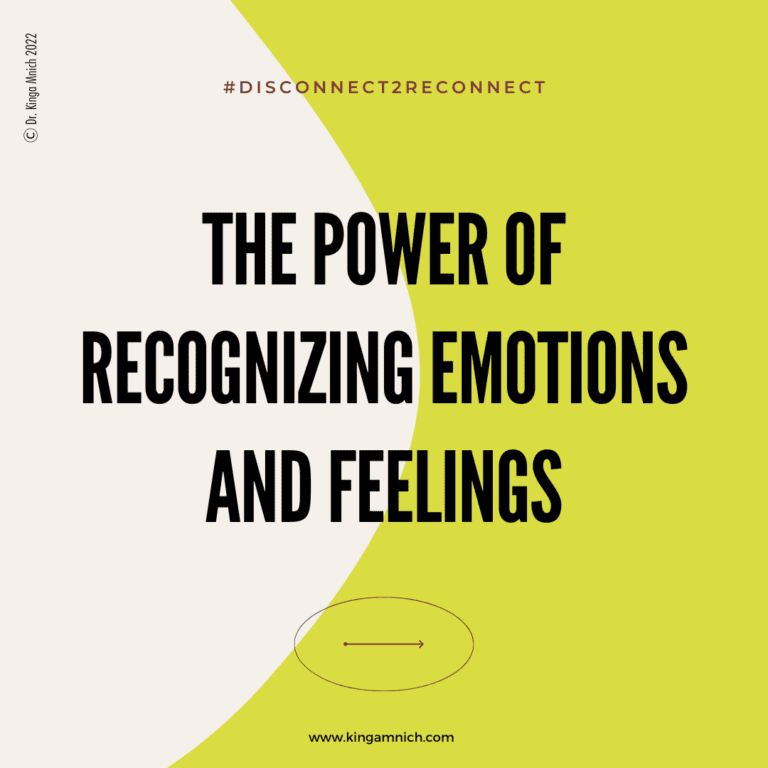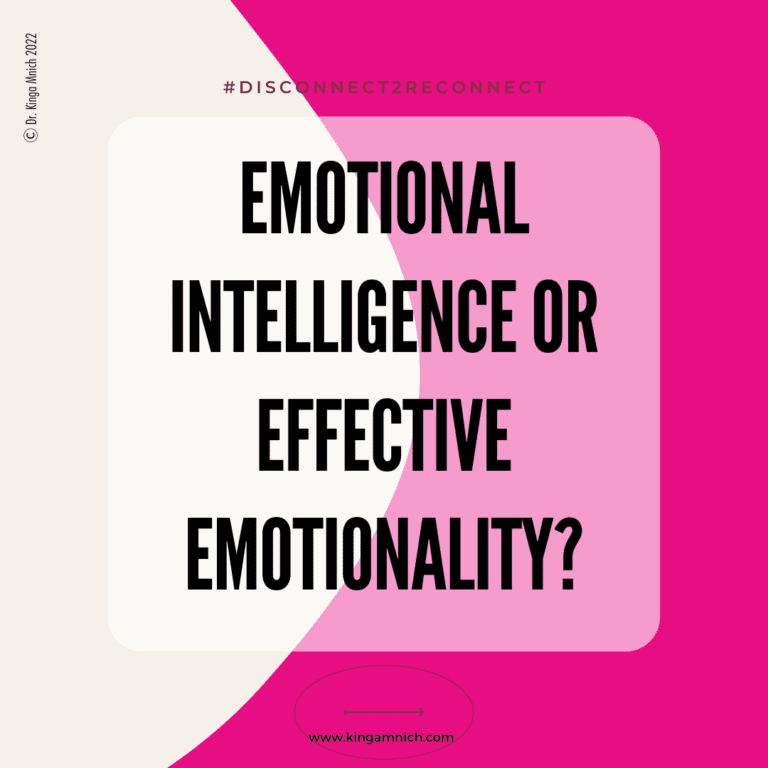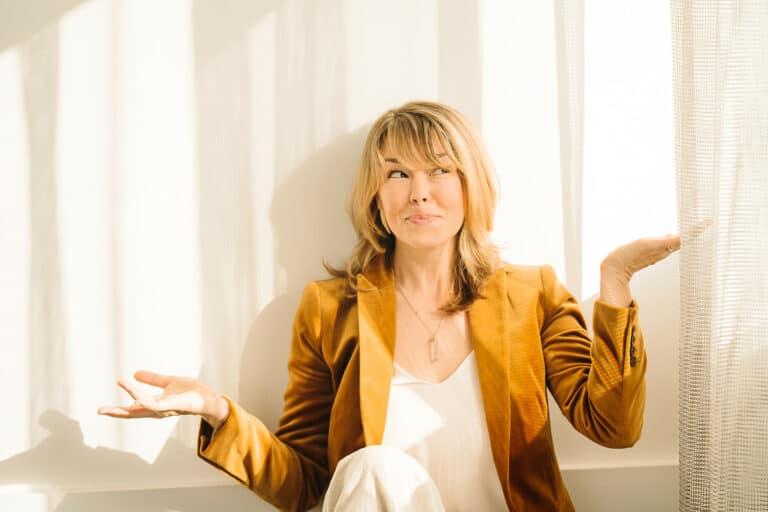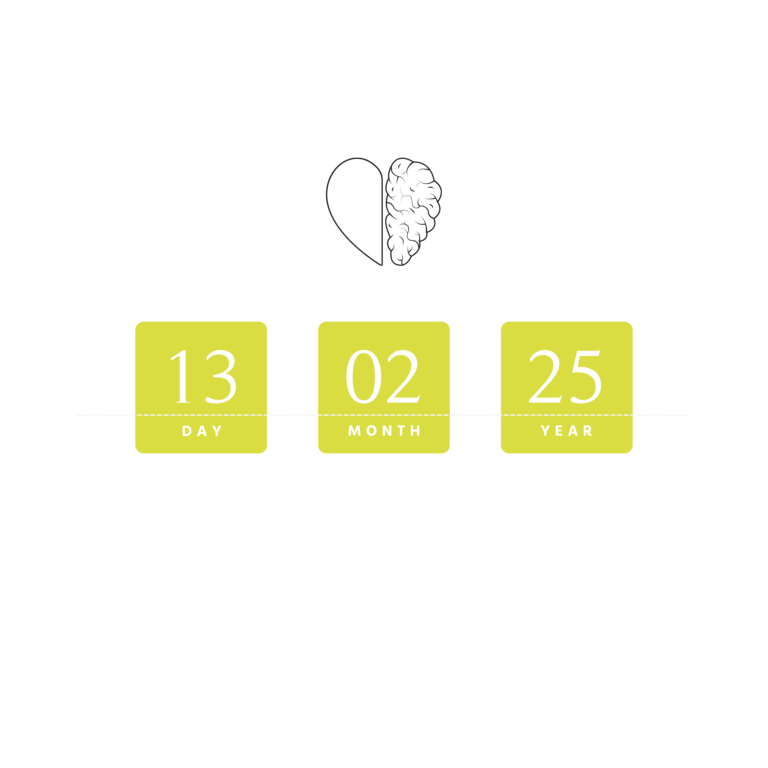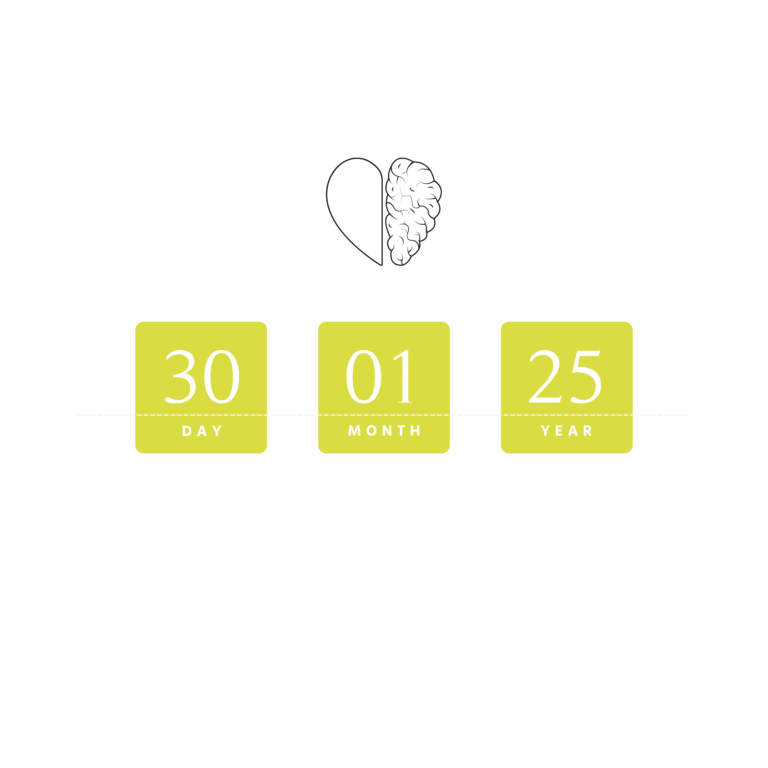Defining yourself starts with developing self-awareness. It is an essential tool if you want to live a self-determined life that is aligned with your values. It takes courage and time to step on the journey of self-development.
Table of contents
- The moment you stopped asking yourself these essential questions.
- Stages of Defining You
- Losing sight of your big dream.
- The busyness trap.
- Good intentions.
- So, here is the essential question: Are you living or slowly dying?
- The importance of defining yourself.
- A social psychological perspective of defining who you are as a person.
- The moment of becoming you by stripping down cultural and social norms.
- How do you define who you are?
It is easy to define yourself through the roles you step into daily. Lawyer, mother, CEO, sister, founder, wife, partner, neighbor, etc. But who are you really when you strip away these obvious and stereotypical roles? But, finding your true self is essential to understanding your purpose and your value in life.
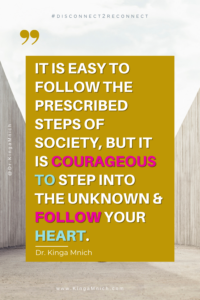
When was the last time someone asked you: Tell me about yourself? About who you are and what your story is? You might not remember when that was, and, if you are being honest, you don’t even know if you would have answered it anyway.
On second thought, though: how nice would it be if someone actually took the time to get to know you? But then again, would you really have the answers to their questions?
The moment you stopped asking yourself these essential questions.
Wikipedia describes essentialism as “objects having a set of attributes that are necessary to their identity.” On the subject of identifying ourselves, this means questioning what is left behind when you strip away the obvious roles that you play. It might not be easy – but it can be one of the most rewarding and eye-opening undertakings you can gift yourself – to ask yourself these questions.
Stages of Defining You
As a child, you didn’t have much choice except for doing what your parents laid down. Then, you go to school and learn the things society deems essential for you. Your brain starts to evolve, and you learn to form your thoughts and ideas based on these teachings. For a short while, during adolescence, you go through a phase of rebellion… but then you return to society’s path.
Losing sight of your big dream.
Even though you understand that it will take several steps to achieve your big goal, the safe path still seems the right way to go. Somewhere along the way, you eventually lose sight of who you are and what is your big “crazy” dream. The societal distractions have achieved their goal – aligning you with society’s roles instead of with your own.
I admit this might sound a bit doom and gloom, but if you are experiencing burnout, stress, anxiety, or even depression, have low self-esteem or lack of confidence, feel lethargic, or have the feeling of languishing, it’s time to revisit that definition of yourself.
The busyness trap.
Many of my clients start seeing me because of the long-lasting experience of one or more of these feelings. They might use different words to describe them, but it usually comes down to one thing: somewhere along the path, they started following something that had nothing in common with their big dream.
“If we really want to live, we’d better start at once to try; If we don’t, it doesn’t matter, but we’d better start to die.” – W.H, Auden
And I am not talking about the dream of becoming a millionaire: although I am sure that all of us have fantasies at some point about living a lavish life. Typically the busyness trap starts with the belief that you need certain things to be happy and successful. This is accompanied by the message: You are not enough, and if you are not enough, you can’t make your big dream come true.
Good intentions.
So what do you do? You plan to go out and do what will hopefully get you to where you want to go. But unfortunately, this belief of needing more leads to be tangled in a repetitious way of living where we duplicate and triplicate the complications which are already holding you back. To make it worse: you have been made to believe that this is a safe and secure route.
I can’t count anymore how often I have heard people say that they need security before they can start turning their “crazy” big dream into reality.
Mihaly Csikszentmihalyi describes this phenomenon perfectly in his book “Finding Flow” by saying that “between now and the inevitable end of our days, we can choose either to live or to die.”
So, here is the essential question: Are you living or slowly dying?
You may find this question impertinent, and you might even shake your head because it seems audacious and presumptuous of me to ask this.
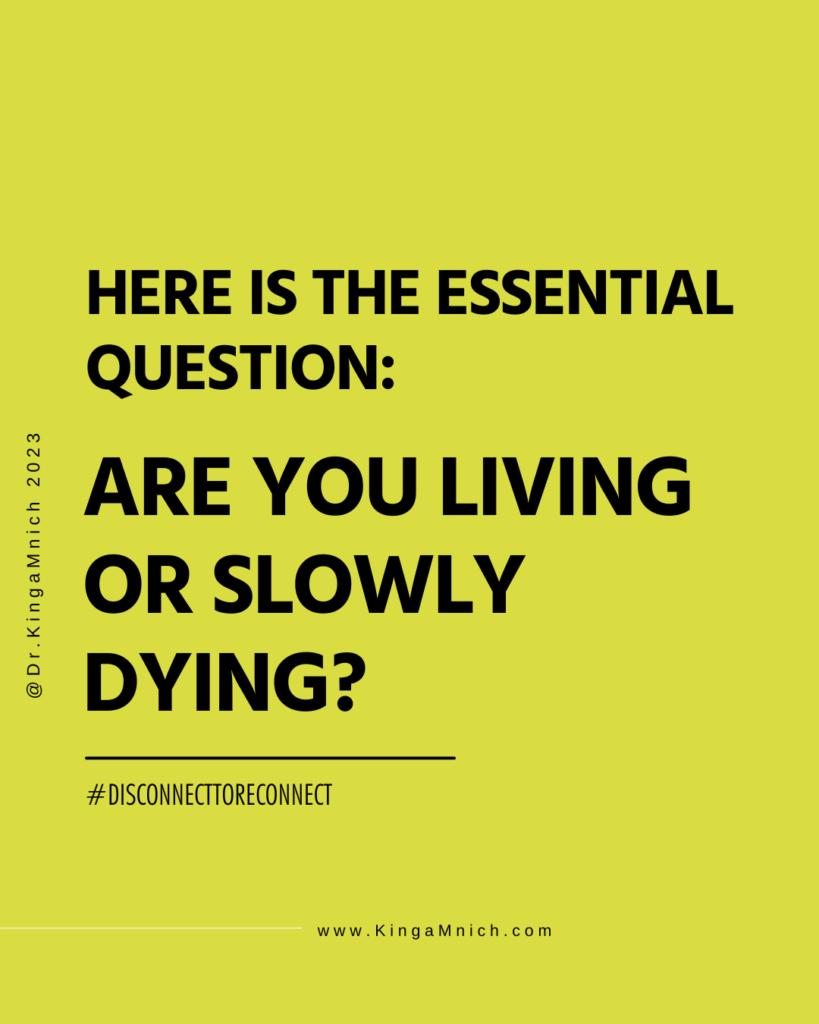
But it truly comes from a desire to see people thrive in life and be filled with energizing joy. Nothing else brings me more fulfillment than seeing you experiencing self-worth because you are on a path aligned with who you are. But to achieve that experience, you have to start by diving into defining you.
The importance of defining yourself.
This is not just about knowing yourself, what you stand for and what your values are. I am not talking about Simon Sinek’s why proposition. I am talking about Plato’s idea of “essence”—an “idea” or “form”, the essential parts of you and what you want to bring to this world. Interestingly enough, research by Martin Seligman, the founder of positive psychology, has shown that understanding what and how you want to contribute to society creates self-worth and increases happiness. Therefore you are not just growing your self-esteem, but you are also letting go of hubristic pride (which inversely establishes the sense of “it is never enough” and “you are not enough”).
A social psychological perspective of defining who you are as a person.
Most people live their lives between the polarity of their thoughts: good or bad, white or black, positive or negative. And you might have even heard that this is natural, that your brain creates subconscious mental categories to work more efficiently. These categories help process new information faster, save energy through automated actions and develop solutions more quickly. Sounds great in theory, but if you want to live a self-determined and free life, it can soon become a hindrance. It also stops you from asking the question, ‘are you living an aligned life?’
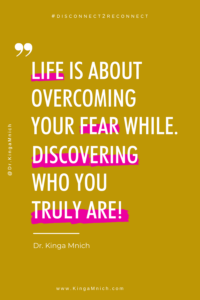
At some point in your life, you most likely asked yourself if your ideas and beliefs are yours or those of your immediate surroundings. And yes, of course, I am referring to primary and secondary socialization. There wouldn’t be an ‘I’ without ‘us’. You exist in relation to your environment. That doesn’t mean that you agree with everything that you have become. Your values might differ from the values of your surroundings and from the culture in which you have grown up. The simplest example of this is embedded racism and the superiority beliefs that come with it.
But admitting this means that you have to take the matter into your hands and start changing your thoughts, beliefs – and yourself. And that’s where defining who you are and what you want in life starts.
The moment of becoming you by stripping down cultural and social norms.
The moment of becoming you by stripping down cultural and social norms.
You got a glimpse of who you want to be at some point in your life. Re-defining who you are as a person can start by defining who you are not. It is usually less scary. At the same time, it helps you to describe what you want in relationships and at work. Or even what kind of career you essentially want to build for yourself. It even allows you to determine what success means to you.
But most of all it creates a sense of freedom and fulfillment because you start becoming essential again. Instead of spreading your energy in all sorts of directions, and yes, even if you are a multi-passionate person, you gain clarity over where you want to put your energy and why you want to do so.
It allows you to prioritize, set healthy boundaries and, most importantly, be content with what you have.
“Knowing yourself means knowing your essence” – K.M. Mnich
Essentialism focuses on ‘the priority’, not ‘priorities’. It is doing less and not more. Even the multi-passionate essentialist knows that less equals more. Greg McKeown writes, “when you’re selective, you’re giving yourself more time to create high-quality work”.
When you try to do everything to live up to someone else’s dreams, you start squeezing in everything, which results in more commitments, more stress, and usually poor outcomes. Boundries are therefore essential not only to protect yourself, but also to succeed as a leader.
And, it can easily lead to losing sight of your big dream and lead you onto the unfortunate path of anxiety, stress, and burnout instead!
How do you define who you are?
First and foremost, you is not a static concept. Who you were yesterday, isn’t necessarily who you are today. Defining who you are and want to be, starts by defining your core values. There are several ways to do this. One is to go through a list with values and circle in every value which is meaningful to you. Then cross out every value that doesn’t resonate with you. You can download a list here.
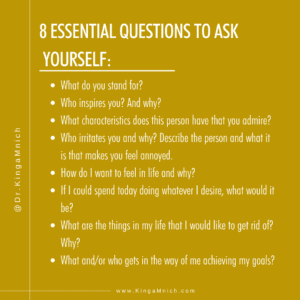
Or do some exploration by asking yourself the following questions:
- What do you stand for?
- Who inspires you? And why?
- What characteristics does this person have that you admire?
- Who irritates you and why? Describe the person and what it is that makes you feel annoyed.
- How do I want to feel in life and why?
- If I could spend today doing whatever I desire, what would it be?
- What are the things in my life that I would like to get rid of? Why?
- What and/or who gets in the way of me achieving my goals?
Once you have answered these questions, circle in all values that you have written down in your answers.
The next essential step is for you to figure out what your base core value is. Meaning how you need to feel in order to be able to be curious in life instead of just working to ensure that your basic needs are met.
Once you have that; what is important to you to make you feel safe enough to explore and test out new things? Meaning pushing your boundaries and stepping out of your comfort zone. The last value is how you want to feel when you have created a life based on your own terms.
These 3 values form your value ladder (learn more about here). They also give you a great understanding of who you are and who you want to be, as well as, who you want to surround yourself with.
Lastly, describe “who you are” in a letter to yourself without speaking about your profession or any social role that you take. What are you interested in? What makes you feel good about yourself? What skills have helped you overcome a difficult situation? What makes you feel strong and empowered?
Knowing yourself is not just essential, it is also the first question that you should ask yourself when stepping into a role of leadership. Finding out if you are living your life according to your core values is not just necessary for personal development. It is also the most significant component in creating an independent life. As well as understanding where and how to set boundaries.
If you are still feeling that maybe you have lost sight of what is essential to you, perhaps we should discuss having a clarity session which will help you sort out these priorities.


